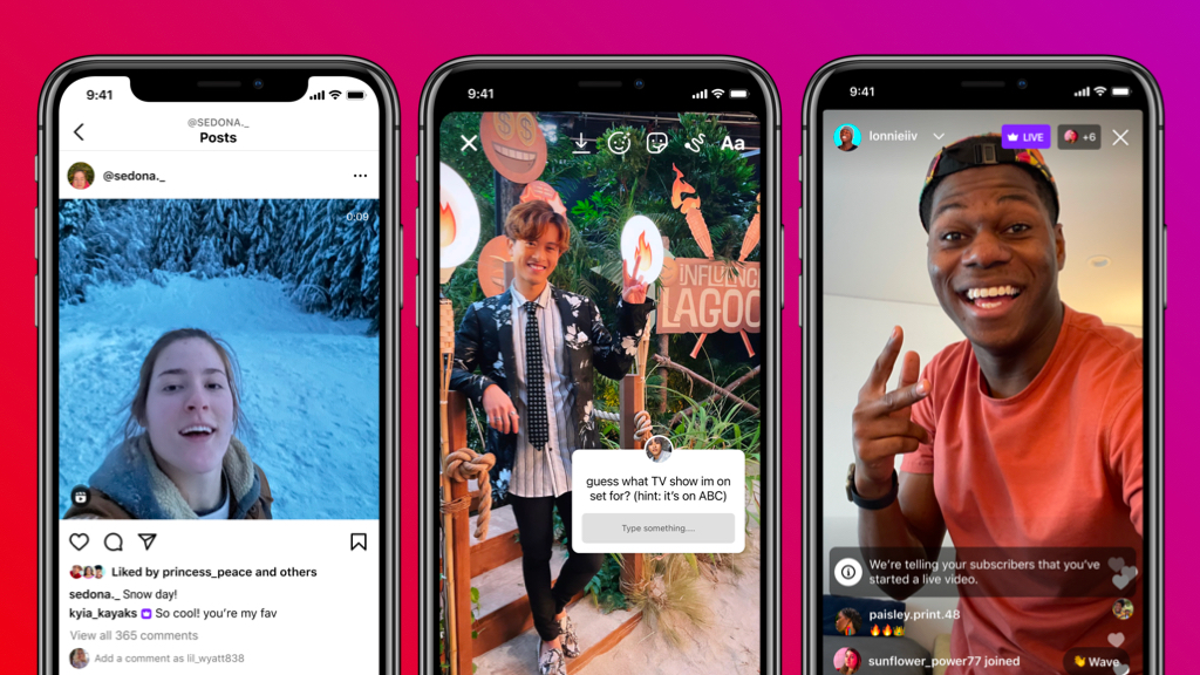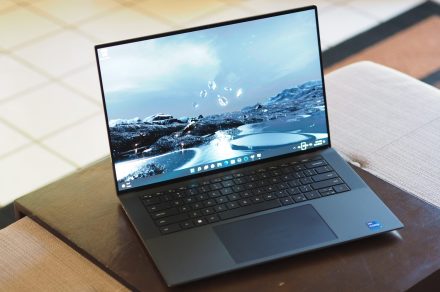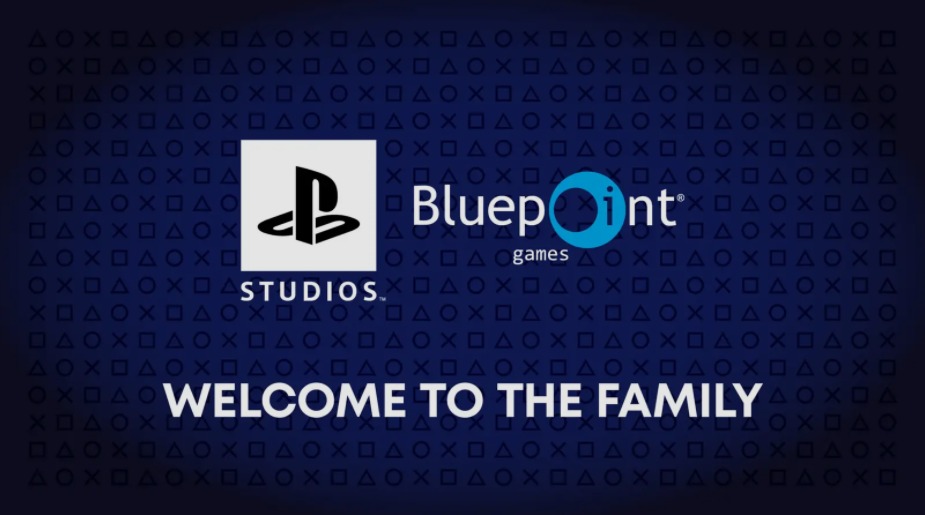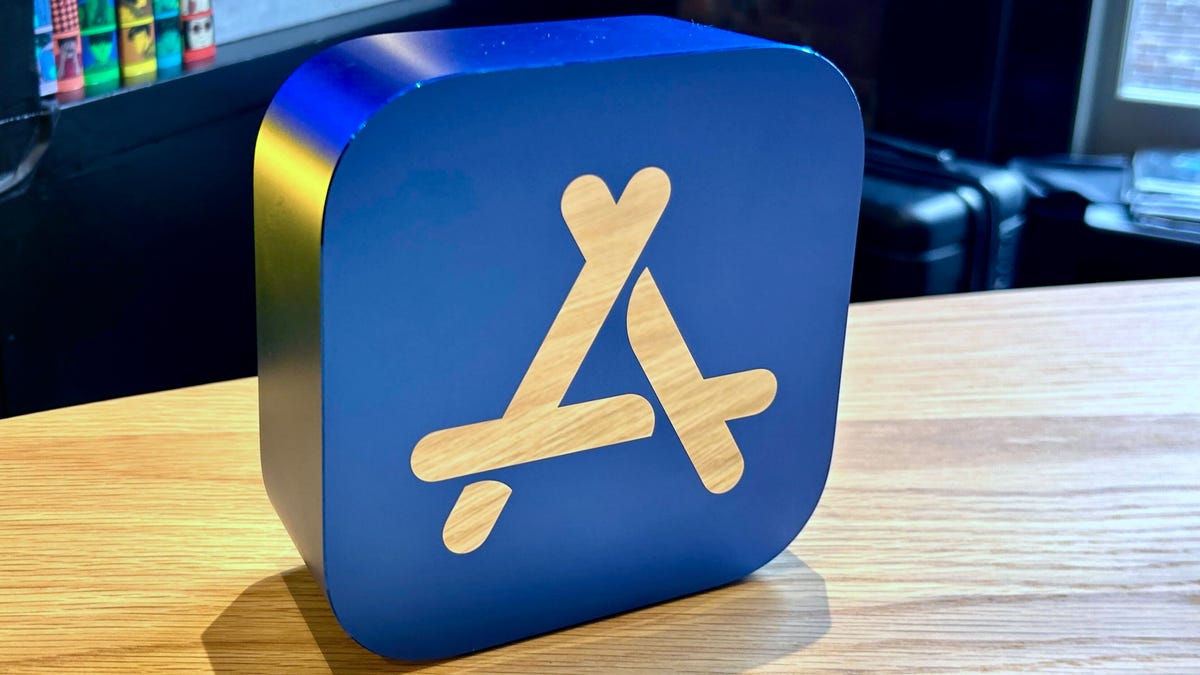As if there were not enough fragmentation issues with Android, app makers go out and make it worse when they limit installations to specific devices.

The problems kick into gear when you realise that Samsung treats “S4” as both a device name and an overall term for a collection of devices. Not only does the company make a “Samsung Galaxy S4”, but it also sells a “Samsung Galaxy S4 Active”, “Samsung Galaxy S4 Zoom”, “Samsung Galaxy S4 Mini”, “Samsung Galaxy S4 Google Play Edition”, and a “Samsung Galaxy S4 Duo”, as well as having a motley collection of model numbers.So when an app maker says its app is supported on the Galaxy S4, maybe it is, and maybe it isn’t. In the case of the ABC app, after an initial refusal, about an hour later, the app was allowed to be installed on my S4. As for the Foxtel app, despite having all the performance and other requirements to run the app, I was refused by Foxtel’s device whitelisting.Upon asking why it allows one S4 model and not another, Foxtel responded by saying, “each Android device behaves differently and needs to be checked to ensure it provides the right Foxtel experience and that content is delivered securely”.Despite the app having Samsung exclusivity, the company said it would “love to get Foxtel Go on as many devices as possible and are working hard to do so”.Making decisions on app availability based on phone models is not the right way to go about Android app development, and does nothing to help the Android ecosystem.What is the point of having a homogeneous platform span across many different devices if apps are going to ignore suitable devices that are capable of using them?It would make little sense in the PC world to restrict an app to only Lenovos or HP computers, and it makes just as little sense in the mobile world.
Note: This article have been indexed to our site. We do not claim legitimacy, ownership or copyright of any of the content above. To see the article at original source Click Here













